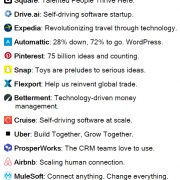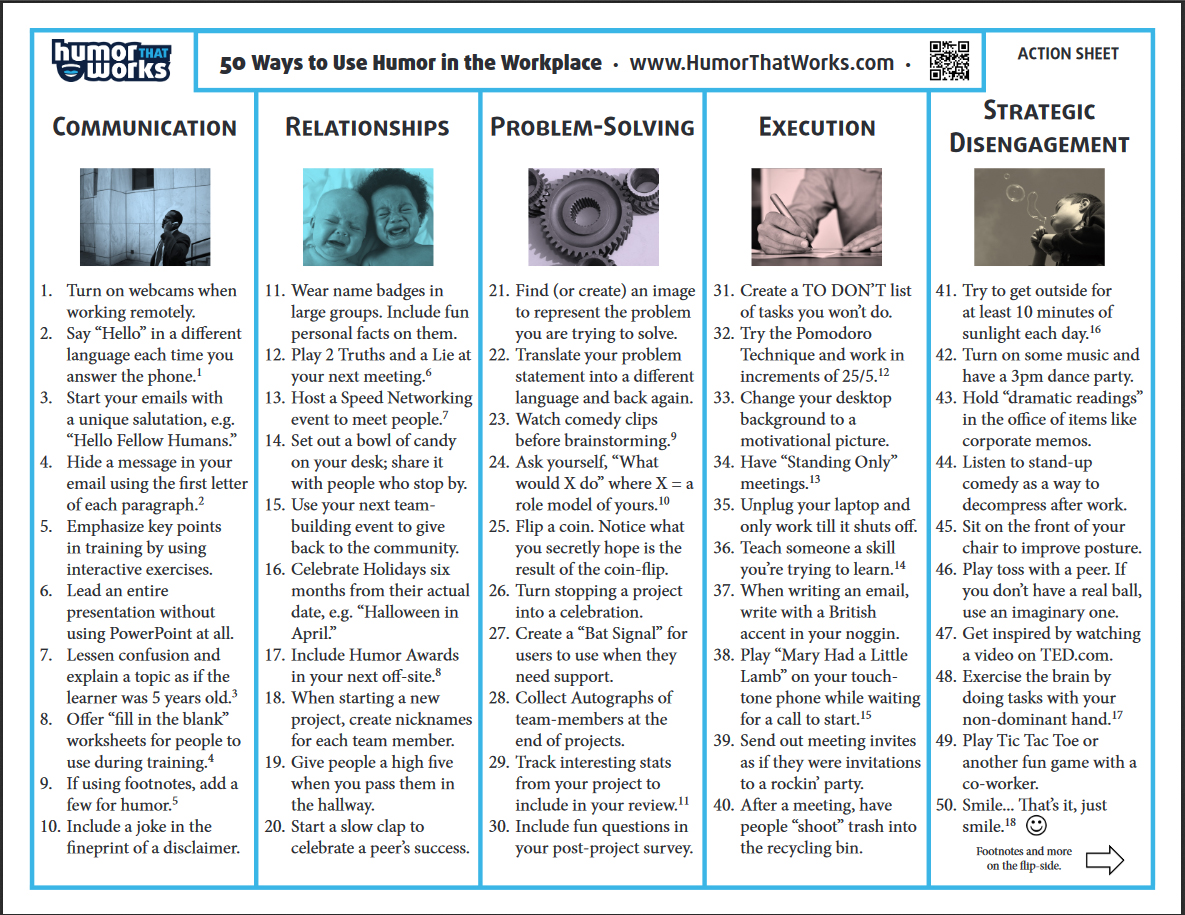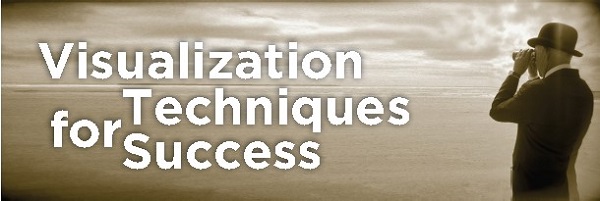He who every morning plans the transactions of that day and follows that plan carries a thread that will guide him through the labyrinth of the most busy life.
― Victor Hugo
I’ve done deeps dives into time management. Here are 15 ideas to help you better manage your time:
- Automate It
If a function can be automated then do it. Everything from appointment setting to staying in touch with customers.
- Chunk It Down
Many executives feel overwhelmed and stressed. This is because they keep thinking about how much there is to get done. Know this: busy people never get it all done. It’s the nature of the beast. To avoid this sense of overwhelm chunk things down into manageable sizes and focus your efforts. As the saying goes you eat an elephant one bite at a time.
- Check Messages Only Two or Three Times Per Day
Do not become continually distracted by the newest email or text that comes your way. If it’s truly an emergency they can pick up the phone. Have reasonable rules around texting too. Some companies have “quiet hours” where no communication goes on so people can get some work done without distraction.
- Control Your Calendar
If you don’t everyone else will. Calendar what and when you do things every day. I find it more effective than just using a to-do list. Keep some open space for yourself to think, strategize or get away all together.
- Delegate Down and Invite Up
What is the least valuable work you do? What is the least empowering work you do? Whatever that is – delegate it! Ken Blanchard once taught me “a strategic objective done 80% well by your subordinate is better than one not done by you” and I got it. I became an effective executive when I learned how to properly delegate. I also encourage you to “invite up”. I realize that most employees are afraid to approach you and say they can take task away from you. They fear the judgment that may follow such a suggestion. Therefore, to eliminate the fear, invite these employees to take lower value work away from you that will in turn help grow their career. Just make sure they stop doing something too.
- Know Where Your Time Goes
As a litigation attorney I knew where my time went in tenths of an hour for 17 straight years. When I quit I was glad to be out from under that time tracking yolk. Then I lost track of my time. I read The Effective Executive where Peter Drucker suggested we track our time so we know where it goes. So I began tracking my time a few weeks of the year. Doing so is a real eye opener. If you want to see some forms that I’ve used to help me track time over the years email to don@donphin.com.
- Manage the Gotta Minutes
As I’ll mention below I like to stay highly focused. When people approach me with their gotta minutes they take me out of that focus often waste my time and cause frustration. So I came up with a reasonable set of rules around these interruptions. First, per Stephen Covey’s quadrant, employees are only allowed to interrupt me with urgent and important matters. I explained those things are nine or ten only. All other matters will wait until 4pm. Before that I’ll expect them to strive to resolve that problem and they often do just that. They realize I am not there as a short cut. As the saying goes I would rather have them learn to fish than have me throw them one. Also be aware not to gotta minute the people around you simply because you manage them.
- Outsource
As Peter Drucker reminded us in The Effective Executive, we do three things: activities that add value, administrative activities and wasteful ones. Our goal is to eliminate waste and spend only 20% of our time on administrative tasks. This will allow you to focus on value added activities 80% of the time. How many of us ever come close to that ideal benchmark? Think of things that are administrative or of low value that if you can’t delegate you can outsource because there is greater expertise outside of the company.
- Plan Your Day
I am amazed how many people don’t plan their day. Or their career, or their life for that matter. As Mary Kaye so accurately stated “most people plan their vacations better than their career”. I have the practice of planning my next day before I go to sleep. I wake up fully confident in my day’s activities. I’m not fumbling around figuring out what I need to do next. Once again, if you don’t plan your day everyone else would do it for you.
- Quiet Time
We need times to stop the noise in our head. To control our monkey brains. Whether it’s a 20-minute meditation or walk around the block give yourself brief interludes during the day.
- Recharge
Recharging is about taking care of you. Your health. Your emotions. Your nutrition. Again, calendar time for you to recharge or you’ll have the excuse you don’t have time. I found a nearby Float Tank which is a great stress recharging experience!
- Say No
I love James Altucher’s book The Power of No. Heroes have a hard time saying no. They don’t want to be viewed as somebody who isn’t fully committed. This is nothing short of self-sacrifice with little benefit. I knew very well about overwhelm. Seventy plus hours a week as a litigation attorney, sitting on non-profit boards and not seeing my family enough. It wasn’t until I learned to say no that I regained any sense of balance in my life.
Along the line of saying no (primarily to new things) we must say no to existing activities. Again, what is the least valuable work you do? If you get paid $100,000 a year would I find you doing $25 an hour work simply because it was easy for you to do and you avoid any potential judgment doing it? That is nothing short of career suicide. You must stop doing low value tasks so you can make room for the new ones that will help grow your career. What five hours of low value work are you going to stop doing this month?
- Simple and Beautiful
I remember reading a biography on Einstein. He said that the theory of relativity came to him intuitively. When asked how he knew it would be accurate (the math wasn’t proved up until years afterwards) he said because it was simple and beautiful. Those words stopped me in my tracks. I circled them over and over again because up to that point I had been living my life… complicated and ugly. Then I read books on simplicity. (They exist). Over the past 15 years I’ve been trying to make my life simple and beautiful because without that mantra you know what happens otherwise.
- Stay Focused
Both scientists and prophets tell us we are from the light. When you focus light it turns into a laser beam and is so strong it can cut through steel. Your energy, your light, your work is far more powerful when it’s focused than dispersed. That’s why I focus on doing one thing well at a time. Multitasking is a trap to avoid.
- Touch It Once
This concept is found in every book on time management. Either do something with information now, delete it, or calendar its future use. If I don’t get on top of a project within a month’s time I file it away, knowing exactly where it is, should I ever wish to pursue it again.
These are just some thoughts. If you would like a copy of the time books I wrote Time Management that Works or The Bathroom Book of Time send an email to don@donphin.com.






